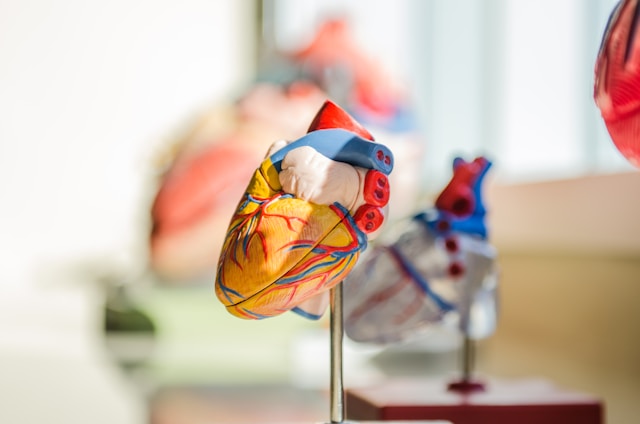Cardiovascular fitness, a measure of the heart and lungs’ ability to deliver oxygen and nutrients to the body, is crucial for overall health and well-being. Establishing healthy habits in youth is essential for maintaining cardiovascular fitness throughout adulthood. However, certain risk factors during youth can significantly impact cardiovascular health later in life.
Youth Risk Factors for Impaired Cardiovascular Fitness in Adulthood
1. Physical Inactivity
Regular physical activity is vital for developing and maintaining cardiovascular fitness. Youth who engage in insufficient physical activity are more likely to have weaker hearts and lungs, increasing their risk of cardiovascular disease in adulthood.
2. Poor Diet
A diet high in saturated fats, cholesterol, and sodium can contribute to the development of atherosclerosis, a condition in which plaque builds up in the arteries, narrowing them and reducing blood flow.
3. Smoking
Smoking damages the heart and blood vessels, increasing the risk of heart disease, stroke, and peripheral artery disease.
4. Excessive Alcohol Consumption
Excessive alcohol intake can raise blood pressure, damage the heart muscle, and increase the risk of heart failure.
5. Obesity
Obesity is a significant risk factor for cardiovascular disease. Excess weight puts strain on the heart and blood vessels, leading to high blood pressure, high cholesterol, and type 2 diabetes.
6. High Blood Pressure
High blood pressure in youth can damage the heart and blood vessels, increasing the risk of heart disease and stroke later in life.
7. High Cholesterol
High cholesterol levels in youth can contribute to the development of atherosclerosis and increase the risk of cardiovascular disease.
8. Diabetes
Type 2 diabetes is a significant risk factor for cardiovascular disease. It can damage the blood vessels and increase the risk of heart attack, stroke, and peripheral artery disease.
9. Stress
Chronic stress can increase blood pressure, heart rate, and cholesterol levels, all of which can contribute to cardiovascular disease.
10. Sleep Disturbances
Poor sleep quality can disrupt the body’s natural rhythms and increase the risk of cardiovascular disease.
Consequences of Impaired Cardiovascular Fitness in Adulthood
1. Increased Risk of Cardiovascular Disease
Impaired cardiovascular fitness in adulthood increases the risk of developing cardiovascular diseases such as heart disease, stroke, and peripheral artery disease.
2. Reduced Quality of Life
Cardiovascular disease can significantly impact quality of life, leading to reduced physical activity, fatigue, and difficulty performing daily tasks.
3. Increased Healthcare Costs
Cardiovascular disease is a leading cause of healthcare costs. Impaired cardiovascular fitness in adulthood can result in increased medical expenses and a greater burden on the healthcare system.
4. Premature Death
Cardiovascular problems are the major cause of mortality globally. Impaired cardiovascular fitness in adulthood increases the risk of premature death.
Conclusion
Identifying and addressing youth risk factors that affect cardiovascular fitness in adulthood is crucial for promoting long-term health and well-being. By encouraging regular physical activity, a healthy diet, and other healthy habits, we can help youth establish a foundation for optimal cardiovascular health throughout their lives.







